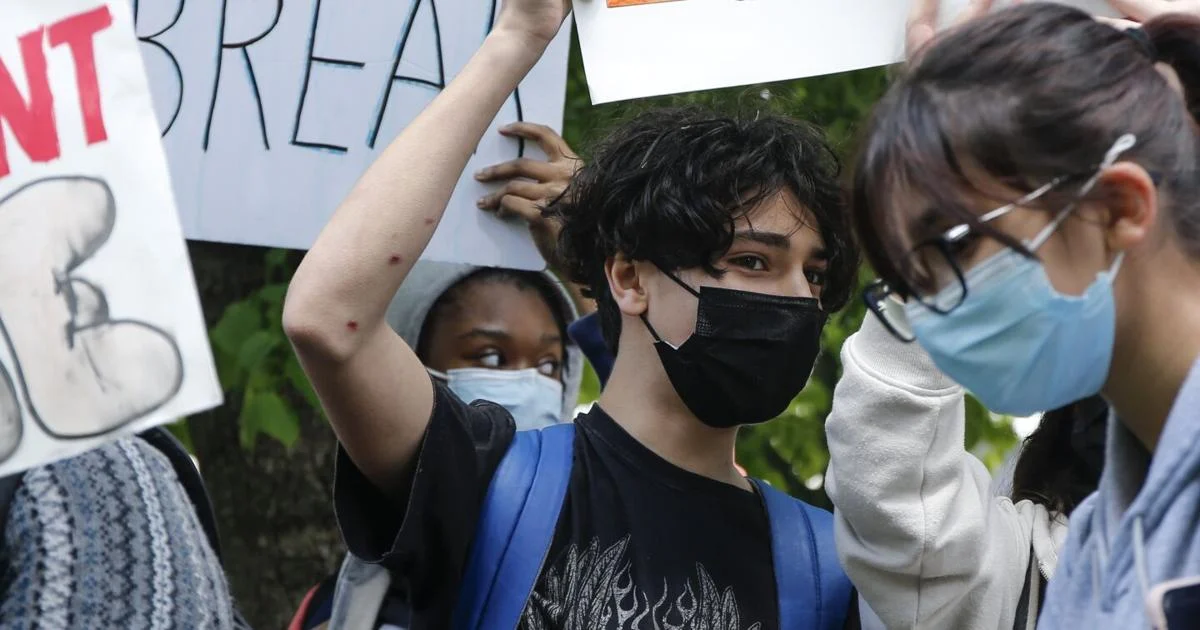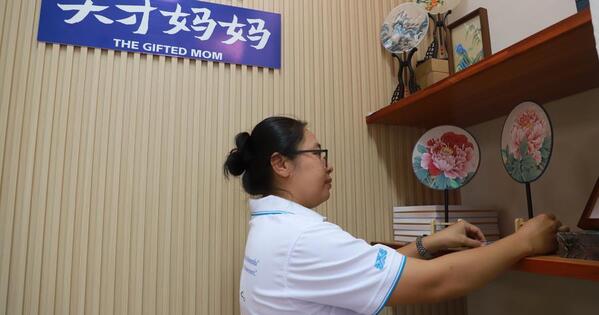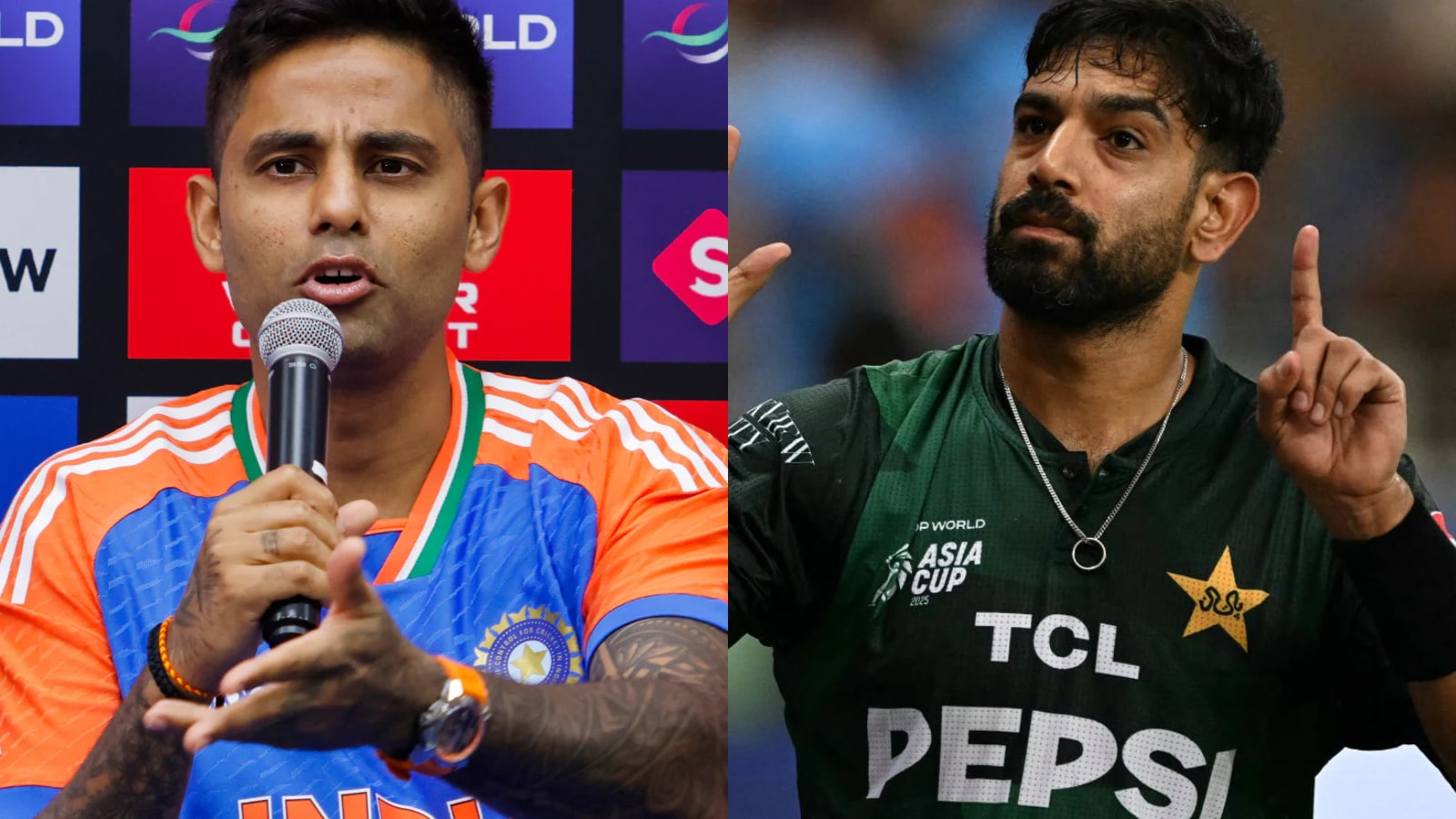Copyright thestar

In a few weeks, the TDSB’s short-lived experiment with lotteries for entry into special programs will come to an end. In the past, kids had to earn their spots through auditions, essays, and portfolios. Since 2023, kids have been able to sign up and take their chances for one of the city’s coveted arts, sports, or enhanced academic programs. Historically, certain populations (BIPOC, girls) weren’t in these programs in anywhere near equal numbers. And so, the thinking was that opportunities for enrichment should be afforded to all kids, not only those whose families with means for extracurricular classes, coaches, and tutors. But now? Well, that’s all a bit woke for this government. I mean, God forbid we try to make things fair at the public schools that our taxes pay for. The way you know this move was doctrinaire and not pedagogical, is by looking at who made it and how quickly. The Ford government took the reins of the TDSB this past June, installing Rohit Gupta as supervisor, bringing to a head an already fraught relationship between province and school board. Public consultation was shut down in advance of its November deadline. By Oct. 21, it was announced that the lottery was being scrapped (leaving only a few weeks until the application deadline for the 2026 school year). So, what was the decision based on? If it’s data, we haven’t seen it. The vocal, anti-lottery lobby group Save Our Schools (SOS) has waved around the poor showing of Toronto students at a recent national math contest, as evidence for the lottery’s failure. There have also been anecdotes about teachers struggling to teach this new cohort. I don’t doubt that’s true. Do some kids get into the wrong program and then need to switch out? Probably. So what? You just can’t convince me that two years is enough time to make conclusions about how this group of kids is fairing. One of the knocks on the lottery system is the belief that parents are pulling the strings, not kids. In this scenario, parents are pushing kids to try out for programs they’re not truly interested in. I’m sorry, have you met parents? That’s what we do. Do you seriously believe that every kid who sat for the exam to get into TOPS (a stem-focused high school) did so without any nudging or nagging from their parents? Please. But the loudest rallying cry from the anti-lottery faction is around merit. Listen to what they’re saying about the decision. Finally, we’re back to a merit-based system. We’re back to incentivizing hard work! Except, it’s not like tenacity was ever a guarantee. These programs are limited. Lots of smart and talented kids don’t get in through an audition process, and many of those same kids might have found their way into programs via the lottery. The problem with these critiques is that they’re backward looking. Merit is about what a person has already achieved, whether through natural talent or external assistance. Surely school is also about potential? There’s an ugly assumption at play that only certain kids can possibly succeed in an enriched environment. Am I catching a whiff of sexism and racism? It reminds me of the anti-DEI rhetoric going on south of the border. Can we not imagine a reality where a kid who hasn’t been at the top of the class could rise to the standards of a challenging curriculum? Or that a kid who doesn’t make it into their desired program does just fine anyway? I have a sample set right under my own roof. Five years ago, my 18-year-old applied to the Etobicoke School for the Arts. She worked really hard on her portfolio and on the video she presented it with. And she didn’t make it. Naturally, she was disappointed. But she went on to have a great run right here in our own catchment, explored different interests, and is now attending one of the many universities she was accepted to. Fast forward three years, and my 16-year-old was part of the first lottery cohort. He landed a spot in an IB program, likely the only way he could have made it. It’s a challenging curriculum and it doesn’t come easily to him. But it’s pushed him to improve his time management, learn better study habits, basically just try a lot harder, and he’s doing well. Of course, kids who are accomplished in arts, sports, and science benefit from enrichment. But does that mean that less experienced kids wouldn’t also benefit and flourish? This is public school, not private school. Unless it’s not for all kids, then it really isn’t.



